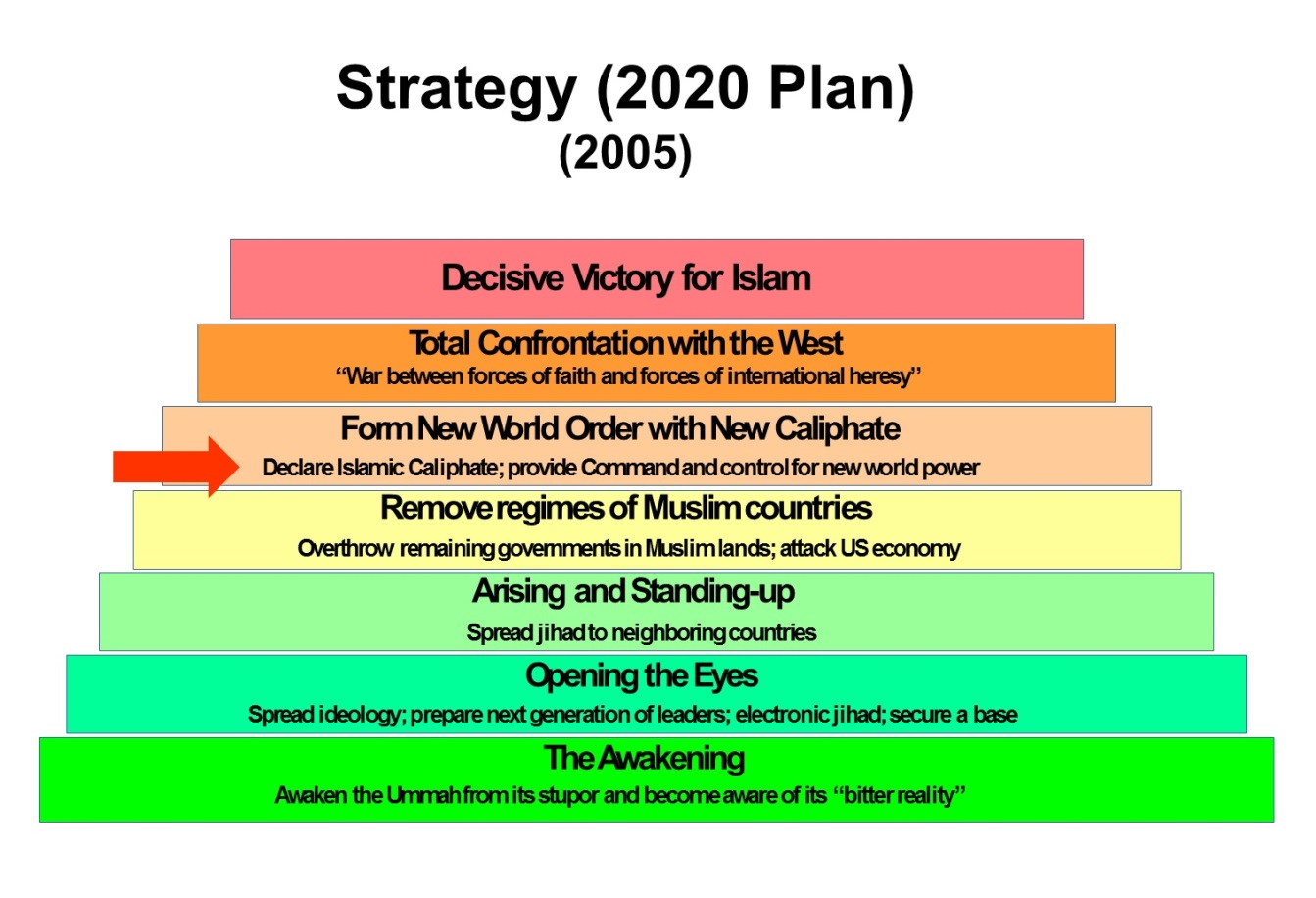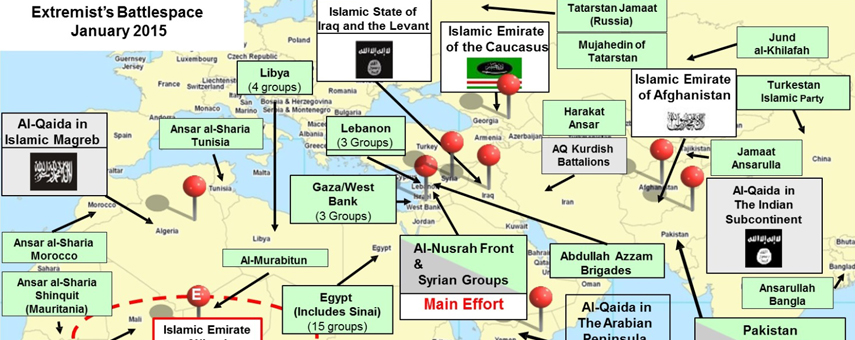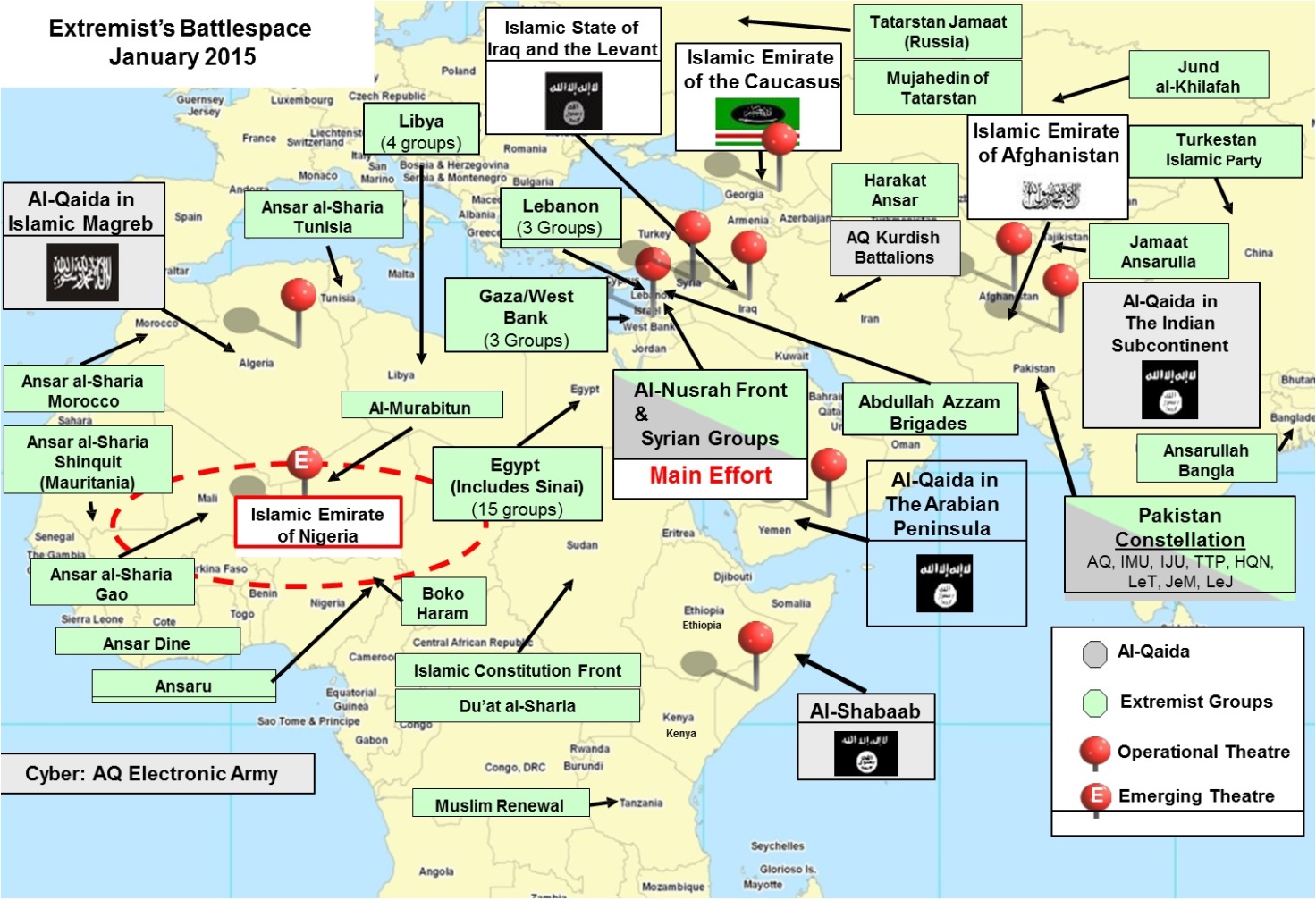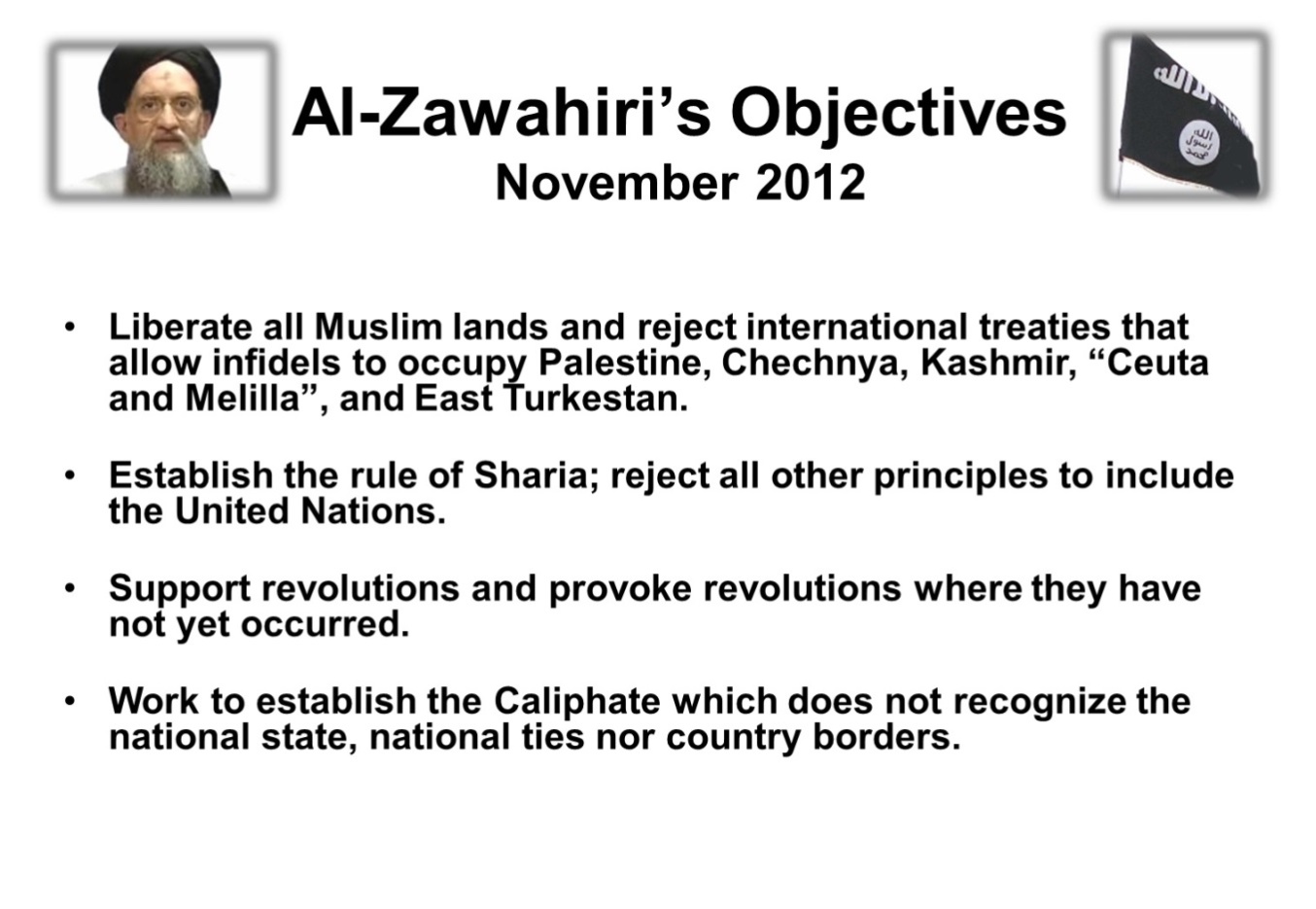ImtiazGul, Executive Director CRSS, presented the following paper at the First Annual Conference of CICA Non-Governmental Forum Beijing, May 25-26, at Beijing, China.
Contextualizing the Scenario
Today, Muslim majority territories from western China to Central / South to the Arabian Peninsula and Africa – Xinjiang, Pakistan, Iran, Iraq, Egypt, Libya, Syria, Algeria, Nigeria, Yemen, Sudan – faced one or other form of violent conflict driven by regional or national religio-political groups who draw inspiration largely from the trans-nationalist al-Qaeda to peddle their militant agendas. As a whole, some eight operational theatres under the influence of Al-Qaeda Arabian Peninsula, Al-Qaeda Indian sub-continent, Al-Shebab, Boko-Haram, Taliban, and the Islamic State (IS) are all but a few manifestations of an increasingly volatile political landscape.
The IS, the latest entrant to the world of militant Islam, has triggered fresh fears along new battle-lines. Yemen’s civil war and the Saudi Arabian invasion on that country, represent another source of instability in the already volatile region. This violent entity is certainly stoking fears in major western capitals as the group continues to galvanize disgruntled youth, mostly those confronted with an identity crisis or those who feel isolated and marginalized in the western societies.
Why is this happening?
Timeline
 Clearly, this has not happened in a vacuum. History has moved full circle; the United States and its allies – all those who had once directly or otherwise supported non-state actors in the Middle East, South America, or Afghanistan to pursue their geo-political objectives in the war against the Soviet Union, communism and China – now taste their own medicine. They put an entire generation of overzealous Muslims on the ‘medicine’ of “jihad” for their geo-political objectives but that “jihad” has not only transformed into violent extremism and naked terrorism, but also coming back to haunt most western capitals – Washington, London, Berlin, Canberra – because of the rush of disgruntled youth to join the ISIS.
Clearly, this has not happened in a vacuum. History has moved full circle; the United States and its allies – all those who had once directly or otherwise supported non-state actors in the Middle East, South America, or Afghanistan to pursue their geo-political objectives in the war against the Soviet Union, communism and China – now taste their own medicine. They put an entire generation of overzealous Muslims on the ‘medicine’ of “jihad” for their geo-political objectives but that “jihad” has not only transformed into violent extremism and naked terrorism, but also coming back to haunt most western capitals – Washington, London, Berlin, Canberra – because of the rush of disgruntled youth to join the ISIS.
But these geo-political pursuits have given birth to monsters like AQ and its numerous franchises, and the ISIS. Together, all the religiously motivated groups or those using the name of religion for anti-state political and terrorist objectives constitute a huge socio-political challenge.
Unfortunately, almost all these radical movements are located in Asia with many hot spots from East to Western and Southwestern Asia; sectarian, political, ethnic or sub-national groups or individual state’s preferences, for one or the other group further complicate the security landscape in Asia in two ways:
a) These national and sub-national conflicts, born mostly out of trans-border religious motivations, are a constant source of conflict in their respective regions.
b) Conflicting geo-political considerations of many states around the affected nations obstruct trans-border security cooperation. (Syria, Libya, Iraq, and Yemen) or south and southwest Asia, for example:
Take South-Southwest Asia; you can see an almost straight line from India to Pakistan to Afghanistan and Iran. It can also be called an axis of mistrust, precipitated by geo-politics.
The South- Southwest Asian region is a clear manifestation of how geo-politics obstructs security or counter-terrorism cooperation, for example:
The latest burst of outrage that the Pakistan-Afghan (NDS-ISI) ‘Memorandum of Understanding’ (MoU) on Counter-Terror-Cooperation has caused. It was signed by the two intelligence agencies early this month, with the intention of jointly fighting terrorists, sharing intelligence and training for Afghan civilian security forces. Former Afghanistan President Hamid Karzai, his entire camp, the NDS itself, and a number of Afghan parliamentarians have publicly spoken against the MoU. Strange enough, they have been demanding cooperation from Pakistan but are now up in arms against this huge confidence-building measure. They are angry, and demanding of President Ashraf Ghani to scrap it.
Even India’s National Security Advisor AjitDoval opposed it:
“What Pakistan wanted was to take assurance and pressurize Afghanistan that they will not allow their territory to be used for any security related work by India. That is the crux of it. This is based on a faulty assumption that India probably uses Afghan soil or Afghan nationals for its security purposes”.
Only a day later (May 24-25), the Indian Defense Minister ManoharParrikar, told a seminar in New Delhi:
“We have to neutralize terrorists through terrorists only. Why can’t we do it? We should do it. Why does my soldier have to do it? There are certain things that I obviously cannot discuss here. But if there is any country, planning something against my country, we will definitely take some pro-active steps”.
Such pronouncements, obviously adversely undermine the dream of counter-terror cooperation in Asia, which is the pre-requisite to regional security, peace and economic cooperation. India-Pakistan, and Afghanistan, is the key to some of the China-led Economic Corridor, as well as trade and energy projects. It is fundamental that these three countries find peace and harmony on counter-terror issues. Rigid cold-war era positions on Pakistan and a refusal to acknowledge subtle but certain changes in Pakistan’s security paradigm will certainly prevent the three from meaningful security cooperation.

What is then the bottom-line: Counter-terrorism cannot succeed without strategic cooperation among all those affected by the menace of terrorism. Neither can dreams of Economic Corridors become a reality in isolation.
The situation requires a détente between India and Pakistan, because this will directly impact their conduct in Afghanistan which is so central to political stability, as well as trade and economic development within the region. China probably can act as the balancing factor to smooth out the Indo-Pak relations, and facilitating the reconciliation efforts in Afghanistan. The Indian Prime Minister Moodi’’s recent China visit, and President Xi’s visit to Pakistan in April, and the Heart of Asia consultations in Islamabad on May 25, probably provide the best opening of a multi-lateral counter-terrorism dialogue, and eventual cooperation to help realize the dream of political stability, social peace, and economic development.




